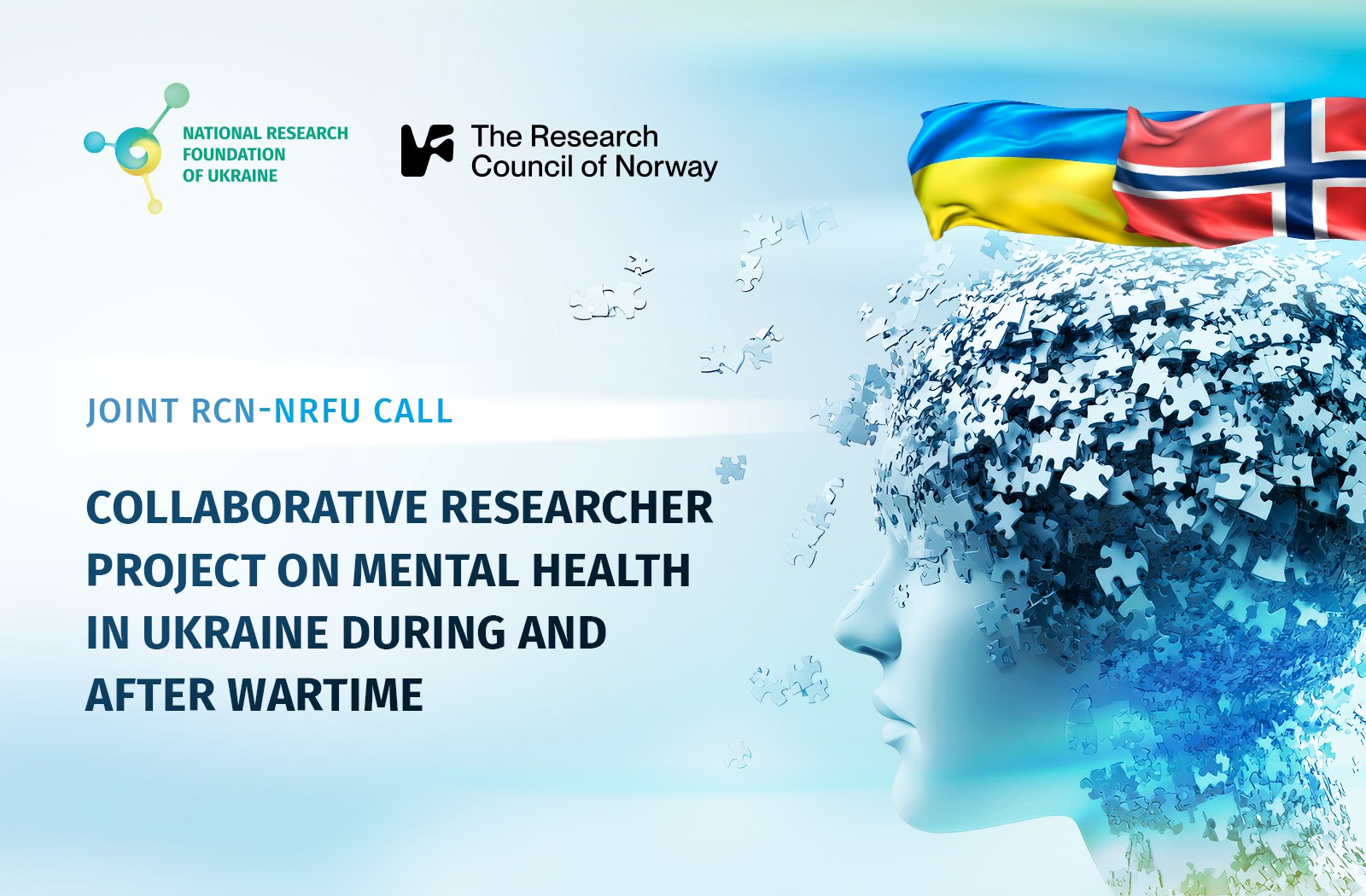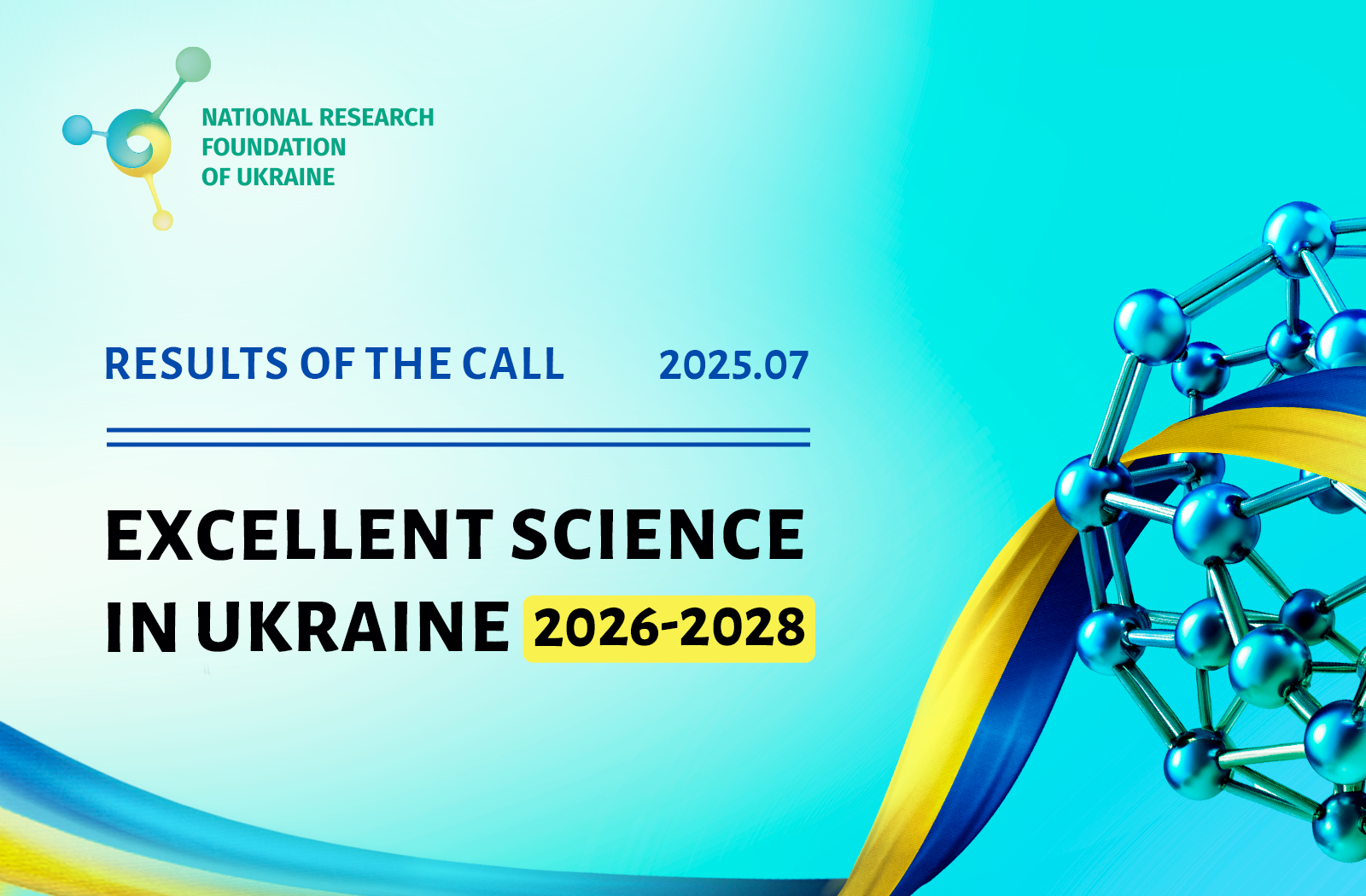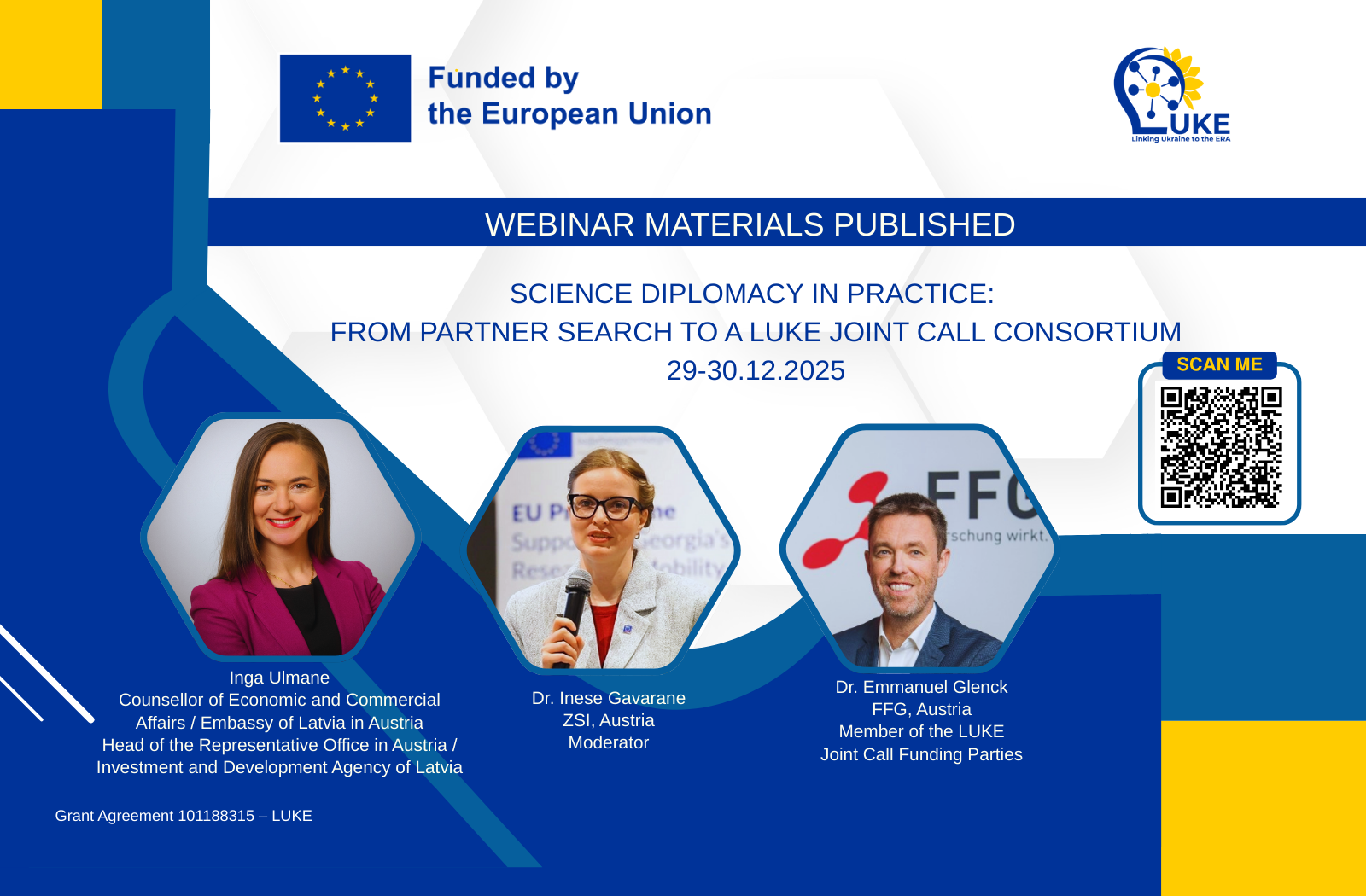In a global world, it is very important to know foreign languages. However, we must not forget about the development, preservation and security of our own language.
How does the Ukrainian language “feel” today? How is it developing? How does society react to changes in language legislation? And most importantly: how to preserve national identity? Scientists from the Taras Shevchenko National University of Kyiv are looking for answers to these and many other questions
Adoption of foreign without losing one’s own
– In today’s globalized world there is a transformation and integration of national discursive spaces into multicultural ones, – says the project supervisor Igor Korolyov. – That is why the issues of linguistic and cultural self-identification and national identity are very important. We have no right to “dissolve” in this global space!
For the first time, scientists are studying the ecology of language, which correlates with the problems of the ecology of consciousness, society, the ecology of the environment, and so on. Nowadays people want to improve the quality of their lives and prolong it. But the quality and safety of life are not limited to material things a comfortable linguistic and cultural space is also extremely important.
– We are studying how the English-speaking culture and linguistic culture of Eastern peoples influence the development of the Ukrainian language, – the scientist continues. – It is important to clearly identify and explore the processes of adoption of something foreign without losing our own.
Scholars are convinced that their work will contribute to the creation of a system of linguistic and ecological security that will protect and develop the Ukrainian linguistic and cultural space, including purity, correctness, integrity and consistency of language in performing basic functions, and promote its use in all spheres of life.
Who’s on the team?
Igor Korolyov admits it was not easy to create a team. However, they coped with the task: the team included professors, well-known specialists in theoretical linguistics and Ukrainian studies as well as five young researchers.
Researchers have created a Facebook page of the project as well as the group “Ecolinguistic Project UA” where they invite colleagues, graduate students, students and everyone who cares about the development of the Ukrainian language and cultural space. Among others, researchers from Ukraine, Germany, Lithuania, Belarus, Turkey, etc. have already joined the discussion.
Ecoportrait of language
The project is designed for three years. Currently, the scientists are working on a collective monograph that will cover questions of history of language policy in Ukraine, discrete and quantitative mathematical models of the language of Ukrainian folklore as an ecosystem, anthropomorphic portrait of Ukraine in modern German-, English- and Ukrainian-language media space and more.
Socio- and psycholinguistic experiments the purpose of which is to present an eco-portrait of the Ukrainian language, are also ready to be conducted.
The scientist explained that seven questionnaires and interviews have been prepared and will be published on the Facebook page: respondents will be asked how they feel about changes in Ukrainian spelling, neologisms (in particular, borrowings), what language they consider native and whether they use Russian at the same time. And also are they satisfied with the implementation of the Law “On ensuring the functioning of the Ukrainian language as the state language”. The organizers of the experiment will also try to find out which media format people like the most: Internet, newspapers, television, etc.
Profile of the war
The anthropomorphic profile of the war within the project supervised by Professor Olena Materynska The topic of war is familiar to Ms. Materynska not just in theory till 2014 she has been teaching at the Faculty of Foreign Languages of Donetsk National University/After the war started the scientist took her family and elderly parents and left Donetsk. She currently teaches at the Department of German Philology and Translation at the Kyiv National University.
By the way, according to Olena Materynska’s observations, gender stereotypes have changed significantly in Ukraine in recent years. If before a woman was associated with a caregiver who cares for her family and children, now a woman is also a warrior who can defend her country.
The way science says
Also within the project it is planned to compile the first (!) Ukrainian-Lithuanian dictionary in lexicographic practice.
The project pays special attention to the creation of frequency dictionaries of Ukrainian and Slavic song folklore, preparation of a textbook of Ukrainian folk song texts in the original and in English translation.
What it takes to w’in
It is not easy to compete with representatives of natural and technical sciences in competitions for grants. The victory of the socio-humanitarian project in the NRFU competition shows that the issue of language preservation and development is important for the society, and humanities scholars are competitive and successful.
To win, you need a little and a lot at the same time: to believe in your own strength, to be brave, persistent, to be guided by the principles of academic integrity and to work very hard!
Svitlana GALATA






